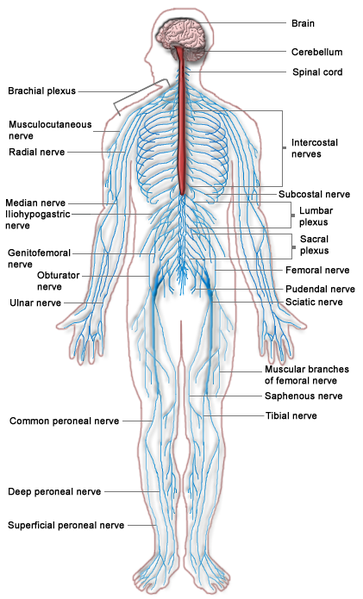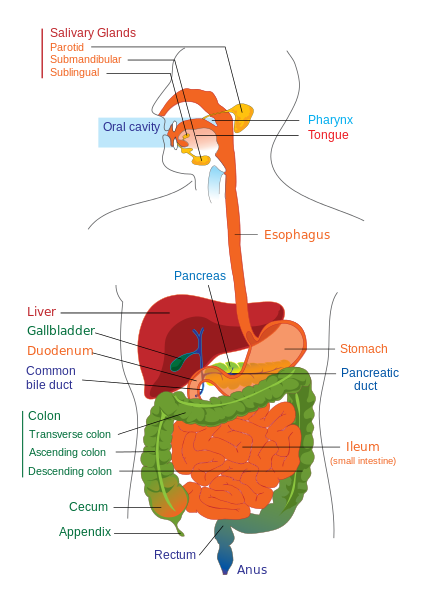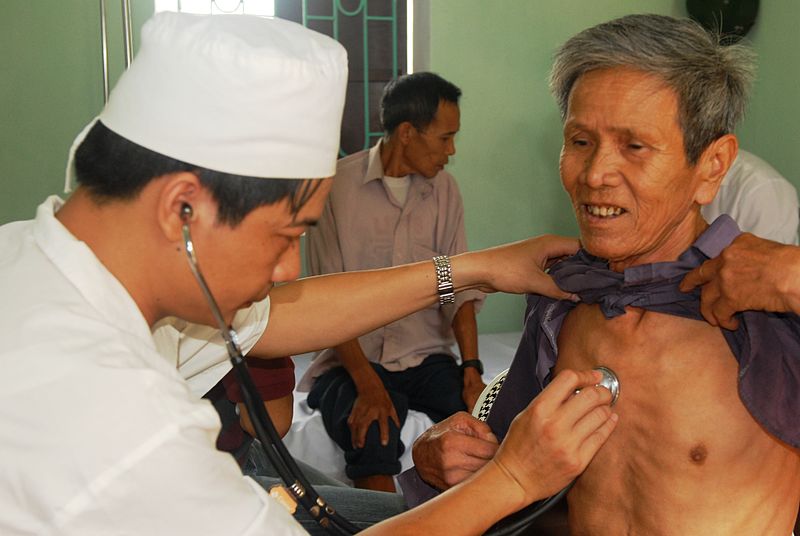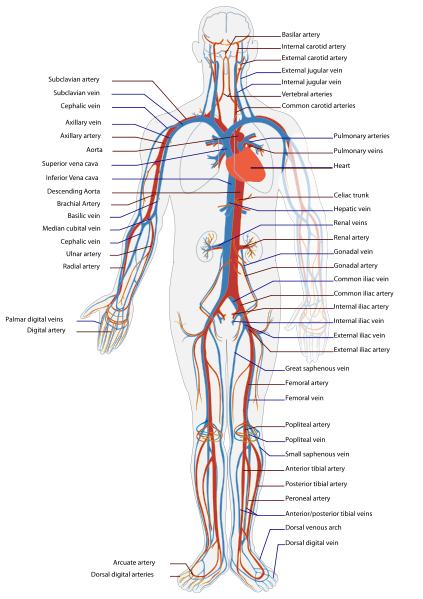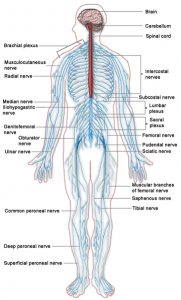 Broad categories of problems encountered in neurology include:
Broad categories of problems encountered in neurology include:
1. Headaches
2. Altered states of consciousness
3. Seizures
4. Cranial nerve dysfunction
5. Motor dysfunction
6. Sensory dysfunction
7. Coordination and balance dysfunction
8. Bladder,rectal and sexual dysfunction
9. Mental or congnitive decline
Thus history must touch upon all these aspects.
Headaches:
The history should include the following points:
1. Duration
2. Frequency
3. Location
4. Laterality
5. Type of pain:
a. Continuous
b. Pulsating
c. Stabbing
d. Sharp
e. Throbbing
f. Dull
g. Thunderclap
6. Patterns of headaches:
a. Recurrent
b. Intermittent (with pain-free intervals)
c. Continuous
d. Progressively increasing
7. Time of occurrence (especially day of maximal intensity)
8. Precipitating factors:
a. Stress
b. Menses
c. Allergens
d. Sleep deprivation
e. Coughing
f. Straining
g. Bending forwards
h. Others
9. Relieving factors:
a. Sleep
b. Stress management
c. Others
10. Radiation of pain
11. Aura:
12. Associated symptoms:
a. Photophobia
b. Phonophobia
c. Sensory of motor complaints
d. GIT symptoms
e. Other
Altered state of consciousness:
The history should include history of:
1. Aura
2. Cyanosis
3. Tongue biting
4. Post-ictal confusion
5. Post-ictal amnesia
6. Post-ictal headache
7. Rapid recovery (only in syncope rest of above in seizures)
8. Vertigo
9. Dizziness
10. Blackout (amnesia or fainting)
11. ‘funny turns’
Seizures:
Important points to be considered on history are:
1. Description of seizures:
a. From patient or witness
b. What happened at onset
c. What happened during onset
d. Does the patient fell or remain standing or sitting
e. How does fit end
f. Confusion or other post-ictal symptoms
2. Incontinence
3. Any injury/tongue biting
4. Frequency
5. Timing
6. Medication
7. Change in pattern
8. Head trauma or brain illness (adults)
9. Birth history (children)
10. In sleep or not?
Cranial Nerve dysfunction:
Ask about:
1. Loss of vision, smell and taste
2. Alteration in facial feeling
3. Double vision/visual symptoms
4. Problems with swallowing and chewing
5. Speech alterations
6. Vertigo/ hearing abnormalities
7. Bulbar dysfunction (IX,X,XI,XII)
8. Pain/difficulty in neck movements
Motor Dysfunction:
Remember to consider:
1. Weakness:
a. Ability to lift arms/objects
b. Grip strength
c. Getting up from chair/bed
d. Going upstairs
e. Onset
f. Muscles/limb(s) involved
g. Progression
h. Variation throughout day
i. Complete or partial
j. Associated symptoms like headache/vomiting
k. Falls
2. Wasting/loss of muscle bulk
3. Stiffness of limbs
4. Gait abnormalities:
a. Limpy or dragging foot etc
Sensory Dysfunction:
Ask about:
1. Numbness
2. Loss of feeling
3. Altered feeling:
a. Paraesthesias
b. Dysesthesias (tingling, pin-needles)
Coordination and Balance:
History of:
1. Difficulty in walking
2. Unsteadiness
3. Falls
4. Staggering
5. Loss of balance in dark
Bladder Dysfunction:
History of:
1. Urinary retention
2. Loss of awareness of bladder dysfunction
3. Frequency, urgency and urge incontinence
4. Overflow maintainance
Mental state and Cognition:
Inquire about:
1. Changes in the memory
2. State of alertness and drowsiness
3. Changes in the mood and affect (loss of spontaneity)
4. Language changes
5. Loss of spatial orientation
6. Diminished ability to carry out routine activities of daily living
 howMed Know Yourself
howMed Know Yourself

